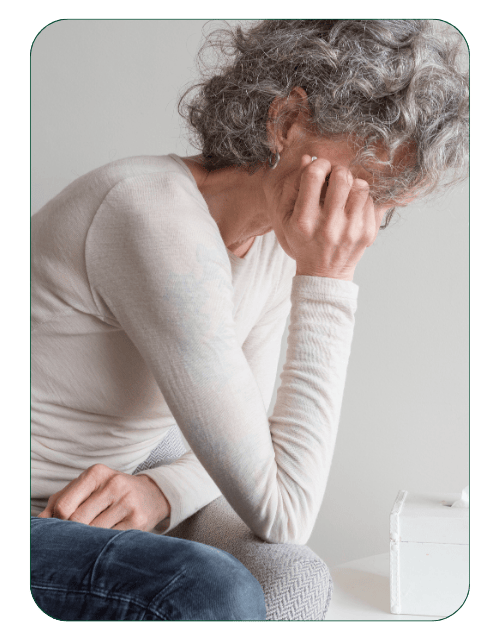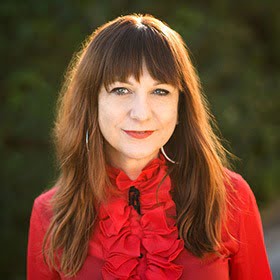Addiction, Drug & Alcohol Counselling
People who are struggling with addictions usually experience strong physical and/or psychological cravings for substances (such as alcohol or drugs).
It often begins when an individual seeks out a particular drug or other addictive substance to feel good or escape mental pain, and the danger lies in losing control and falling into a cycle of drug or alcohol misuse.
The counsellors at CFHP offer expertise in helping people being controlled by addictions so they can break the cycle and regain control of their life. If you or someone you love is dealing with addiction, it’s important to seek professional support.

Drug and Alcohol Counselling Brisbane
At CFHP, we provide professional drug and alcohol counselling Brisbane wide for anyone being controlled by addiction and seeking help. Our understanding, respectful and experienced psychologists in brisbane are committed to working with you to overcome dangerous substance misuse, break the cycle of addiction and take back control of your life. We offer in person and online psychology sessions for all seeking support during or post addiction.
Addiction can look like:
- Persistent and compulsive use of drugs or alcohol.
- Inability to control or limit substance intake.
- Continued use despite negative consequences on personal and professional life.
- Physical and psychological dependence leading to withdrawal symptoms when not using.
Addiction Comes in Many Forms
Substance abuse can take many forms. While some may struggle with alcohol dependency, others may battle with drug addiction, and each type of addiction has its own difficulties and challenges. Some individuals also face co-occurring disorders where substance abuse intertwines with mental health conditions like depression or anxiety.
Our professional drug and alcohol counselling in Brisbane aims to help individuals struggling with any level of addiction. It offers a compassionate approach to address the underlying causes and create strategies for effective management and recovery.
We can help with all types of addictions, including:
Alcohol
Prescribed or recreational drugs
Gambling/betting
Smoking
Shopping or spending
Sexual activity
Pornography
Internet/TV/gaming
Eating
Exercise
For those who are dealing with a loved one with addiction, professional support is equally important. it can be extremely difficult to watch someone you love battle addiction - a counsellor can help you work through these emotions and challenges, providing you with the tools to be there for your loved ones.

How Counselling Can Help Addiction
During counselling sessions, our professionals serve as empathetic guides, helping identify the factors that may contribute to substance abuse or addiction. By fostering open discussions, we will develop personalised plans that integrate coping mechanisms and strategies to aid in managing addiction.
Our clients often find relief in discussing their concerns with someone who actively listens and supports their journey towards recovery. Through professional drug and alcohol counselling, affected individuals can gradually regain control over their lives and emotions, equipping themselves to cope effectively with triggers, temptations, and challenges.
Our Addiction Treatment Psychologists

Lisa Kunde
Speak with us
Seek Recovery with CFHP’s Drug & Alcohol Counselling in Brisbane
Professional treatment and support are crucial for anyone struggling with addiction. At CFHP, addiction, alcohol and drug counselling Brisbane wide is available for anyone seeking help to break the cycle of addiction and take back control of their life.
Our dedicated psychologists will work with you to achieve your goals and maintain positive change, driving you to move forward and become the ‘you’ you want to be.
Take the first step on the road to recovery and contact us online today.

